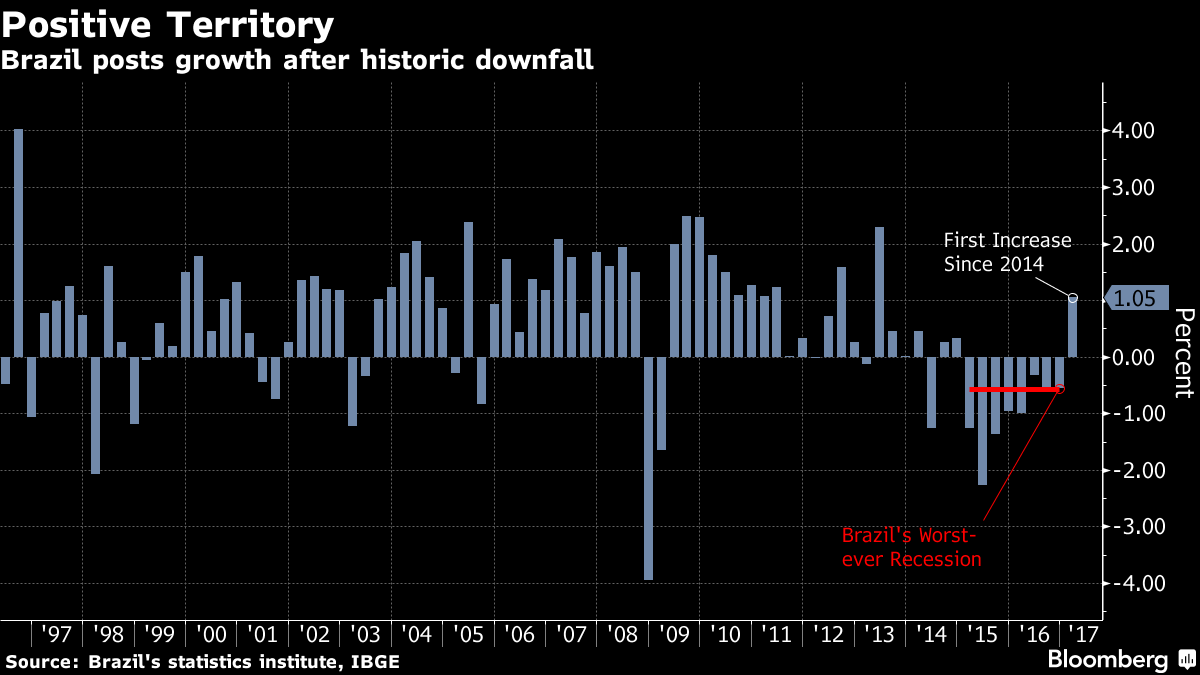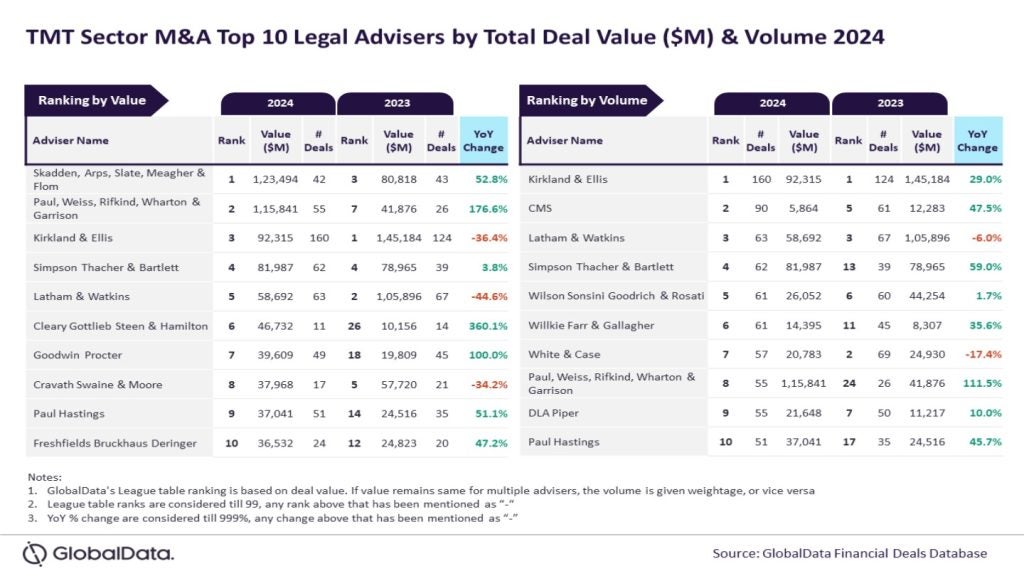
Brazil’s economy has emerged from its worst recession on record, with the economy growing by one percent in the first quarter.
This marks the country’s first quarter-on-quarter growth following eight straight quarters of contraction.
The performance was led by a strong output from the agricultural sector, and was in-line with market expectations.
From a year earlier, the economy contracted 0.4 percent, the national statistics institute said in a statement.
However some have warned that Brazil isn’t out of the woods yet because the abundant harvests in the first quarter won’t be repeated in the second quarter and most other parts of the economy are still underperforming.
The government insists that the quarter marks the beginning of a recovery, supported by its efforts to pass measures aimed at restoring public finances.
How well do you really know your competitors?
Access the most comprehensive Company Profiles on the market, powered by GlobalData. Save hours of research. Gain competitive edge.

Thank you!
Your download email will arrive shortly
Not ready to buy yet? Download a free sample
We are confident about the unique quality of our Company Profiles. However, we want you to make the most beneficial decision for your business, so we offer a free sample that you can download by submitting the below form
By GlobalDataMeanwhile unemployment continues to run rampant.
Over 14m Brazilians are out of work and the unemployment rate hit a new record of 13.6 percent, according to figures published this week. Before the economic crisis, it was half that at 6.5 percent.
Ratings agencies have warned they may downgrade Brazil, and banks from Goldman Sachs to Itau Unibanco are sounding the alarm of a possible double-dip.

What does this mean for the country’s corruption scandal?
The latest numbers offer some reprieve to embattled president Michel Temer as he resists calls for his resignation over corruption allegations.
Stock markets fell sharply last month after a taped conversation was leaked in which Temer seemed to discuss the payment of hush money to a jailed politician.
Temer has denied the allegations, saying the tape had been “manipulated”.
While the government claims it is on track with its reforms the latest corruption scandal has jeopardised Temer’s reform agenda, as well as the country’s economic prospects.
Analysts at Capital Economics wrote:
It goes without saying that there are many ways in which the latest political crisis in Brazil could play out. The consensus is that president Temer’s days are numbered, but from the perspective of the economy the key issue is how, not if, he goes. Part of this relates to timing (a swift resolution being better) but also to the fate of his economic team.






